The New Year Is the Perfect Time to Get Ahead of Inflammaging



Dahvi Shira


On our beauty and wellness journeys, there are so many factors to consider if our goal is healthy aging. For the skincare obsessed, we already protect our skin from pollution and search high and low for the right skincare ingredients. Now, the age-associated disease “inflammaging” is on our radar. As if the standard aging process wasn’t enough to send us to bed early slathered in emollients, inflammaging puts us at risk of looking like an older adult (think collagen loss, fine lines and wrinkles, and even increased risk of things like chronic disease, rheumatoid arthritis, obesity, slow immune response, and general physical impairment). It’s human aging on steroids, caused by oxidative stress and poor lifestyle habits.
What else do we need to know about this inflammatory disease that’s advancing age—and what interventions can we practice with our body and skin? We chatted with two experts to share their aging research and the risk factors, and teach us about this trending concern. Keep reading to learn about inflammaging and how to maintain your healthcare. Rest assured simple actions like physical activity and regular exercise will get you far, and you’ll want to keep your immune cells strong and homeostasis balanced.
It's about glam time you treated yourself.
Join IPSY

MEET THE EXPERT
Marisa Garshick, MD, FAAD, is a board-certified dermatologist at MDCS Dermatology.
Amie Hornaman, DCN, is a doctor of clinical nutrition and the founder of the Institute of Thyroid & Hormone Optimization. She also goes by The Thyroid Fixer.
What Is Inflammaging?
Inflammaging might sound like a trendy buzzword, but it’s an actual condition coined in scientific research over 20 years ago. According to dermatologist Marisa Garshick, MD, FAAD: “Inflammaging refers to chronic, low-level inflammation that persists over time and may contribute to age-related changes. It is a significant factor in the aging process and is linked to various age-related diseases, such as cardiovascular disease, type 2 diabetes, Alzheimer’s disease, heart disease, and certain cancers. It may also play a role in the skin.”
Here’s the thing: No matter how well we take care of ourselves, aging (and signs of it) are inevitable. Gray hairs, saggy skin, collagen loss—all of that fun stuff is what we (involuntarily) sign up for when we live our lives. But inflammaging is so much more than the typical wear and tear our bodies experience over time.
Long story short: Inflammaging is serious business. And while we’re aware that this convo is getting quite medical, what you need to know is that chronic inflammation can also affect the appearance of your skin. Aging is a natural process we all will experience, but inflammaging speeds up this process, causing your skin’s barrier to weaken and prompting symptoms like age spots, sagging skin, chronic dryness, and redness to show up sooner.
Think of Benjamin Button syndrome, but reverse—like serious accelerated aging. “It’s what happens when inflammation silently chips away at your cells, joints, brain, and skin,” Dr. Amie Hornaman explains. “You don’t just get older, you feel older. Fatigue, weight gain, brain fog, and even wrinkles and loss of muscle tone all show up faster because of unchecked inflammation.”
Inflammaging vs. Inflammation
We all experience inflammation from time to time. In fact, inflammation can be helpful in the body for healing. Dr. Garshick explains, “Inflammation simply refers to the body’s natural response to injury or infection and may be characterized by redness, heat, swelling, and pain. It can be acute or chronic and may be addressed with various treatments.”
Acute inflammation is your body’s response to healing your skin, muscles, and more. (Think of a scab or the swelling of a sprained ankle.) Chronic inflammation, however, is inflammation in the body that persists over a long period and can lead to inflammaging.
What Causes Inflammaging?
We wish there were a single straightforward cause for inflammaging, but Dr. Garshick explains, “Inflammaging is caused by a combination of genetic, lifestyle, and environmental factors. Genetic predisposition can make some individuals more prone to chronic inflammation. At the same time, lifestyle factors, such as poor diet, lack of exercise, smoking, and excessive alcohol consumption, further contribute to this condition.”
It’s not just your lifestyle that contributes to inflammaging. “Environmental exposures, including pollutants, toxins, and UV radiation, also play a significant role,” Dr. Garshick continues. “Additionally, the immune system’s ability to regulate itself diminishes with age, leading to chronic, low-grade inflammation.”
Dr. Hornaman adds that insulin resistance and declining hormones also contribute to this issue—”especially thyroid, estrogen, progesterone, and testosterone,” she says. “When your hormones are off, your body can’t regulate inflammation properly, and that accelerates aging at the cellular level.”
With our modern lifestyles and access to processed foods that damage our systems (sugar, we’re talking about you), we are all experiencing more inflammation than ever before. We have blue light that disrupts our circadian rhythms and the stress of our daily lives causing acute inflammation that, without mediation, can turn chronic. When our bodies remain stressed, our inflammatory responses can go haywire, leading to inflammaging.
How to Prevent Inflammaging
We’ll admit the idea of inflammaging is all pretty scary, but we wouldn’t be bringing you the problem without a solution. There are things that you can do to contribute to slowing down this process, starting with a healthy lifestyle. Dr. Garshick suggests, “Eat a diet rich in anti-inflammatory foods like fruits, vegetables, and fatty fish. Exercise regularly, avoid smoking and excessive alcohol, manage stress through meditation or yoga, and ensure adequate sleep.”
Your beauty routine can also help protect your skin from the effects of inflammaging. “Hydrating, wearing sun protection, and using topical antioxidants to defend against free radical damage is also important,” says Dr. Garshick. When your skin is properly hydrated, it has a better environment for its natural repair process, resulting in healthier-looking skin and a stronger barrier. Consistent use of SPF and antioxidant serums is also a great place to start. Finally, don’t forsake the simple task of washing your face to remove toxins accumulated throughout the day.
Quick Tips To Combat Inflammaging
Medications and Supplements
Dr. Garshick says anti-inflammatory skincare tips start with doctor-prescribed medications to reduce chronic inflammation, along with supplements like omega-3 fatty acids and curcumin.
Responsible Lifestyle Choices
Dr. Garshick recommends a healthy diet, exercise, stress management, and, you guessed it, a good night’s sleep. She explains that when you sleep, your skin works overtime to repair itself, so disrupting this process can result in dull, dry skin. Poor sleep is associated with higher levels of inflammation, so catch those Zzzs to avoid premature aging.
General Self-Care
Much inflammaging treatment simply comes down to the fundamentals of self-care. Dr. Hornaman says you’ll want to prioritize vitamin D. A leisurely sunny walk around your block can “lower cortisol and boost mitochondrial health.” You also want to eat a balanced diet with whole foods and colorful plants. Processed and high-carb foods are warned against, but you already knew that didn’t you? And wellness recovery tools like the sauna and cold therapy are said to calm the nervous system.
Inflammaging can also be treated with topicals and derm procedures. By now, we know this issue is beyond skin deep, but your skincare products can still make a difference. “Topical treatments including antioxidants, retinoids, and hydrating products can help, as can in-office procedures like chemical peels and lasers,” says Dr. Garshick. “However, avoid treatments that could irritate your skin and trigger additional inflammation.”
5 Products That Will Help Combat Inflammaging
1. TATCHA The Longevity Serum


Courtesy of TATCHA
This skin-strength-and-resilience treatment formula reduces the cells that promote visible signs of aging while visibly firming and smoothing the skin. It also supports skin strength and cellular resilience. Efficacy aside, its silky, lightweight formula glides onto the skin effortlessly.
2. GROWN ALCHEMIST Regenerating Facial Serum


Since you’re wondering how to prevent inflammaging, you may want to start with this advanced biotech serum infused with rambutan, polypeptide, polysaccharide, and acmella oleracea extract. It revitalizes skin by reducing the appearance of wrinkles, increasing elasticity, and improving hydration and texture.
3. SNOW FOX SKINCARE Anti-Pollution Biopolymer Serum


Stop inflammaging potential in its tracks with this serum that helps block environmental stressors. This silky gel shield, made with Japanese beauty berry and açai, is especially recommended for people who live in high-density areas, harsh climates, or pollution-prone zones.
4. GLO24K Express 24k Anti-Aging Facelift Cream


If you experience premature aging (fine lines, wrinkles, sagging), this power-packed facelift-in-a-bottle targets firmness, texture, and elasticity. Infused with hyaluronic acid, Hexapeptide-8, and super antioxidants Vitamins A, C, E, your answer to anti-aging is right at your fingertips.
5. PURE’AM pH Balance Calming Toner


Courtesy of PURE’AM
Your skin needs a calm, balanced environment to maintain a strong barrier, and this calming toner provides just that. The proprietary cica complex contains vitamin C, antioxidants, and anti-inflammatory and antimicrobial properties. It also contains triple hyaluronic acid to penetrate deep into the skin, leaving it plump with hydration.
Final Thoughts
Aging is inevitable; inflammaging is not. The latter is like if the opposite of Benjamin Button Syndrome occurred. It’s basically aging at a rapid speed, with all of the worst symptoms. But there are ways to prevent and treat the issue. From doctor-prescribed medications and topical treatments to general lifestyle fixes, you can stop the unfavorable issue in its tracks. To start, visit our IPSY Shop for the best beauty products and look out for descriptions with keywords like “anti-inflammatory properties.”
Liked this post? Share!
Related Stories
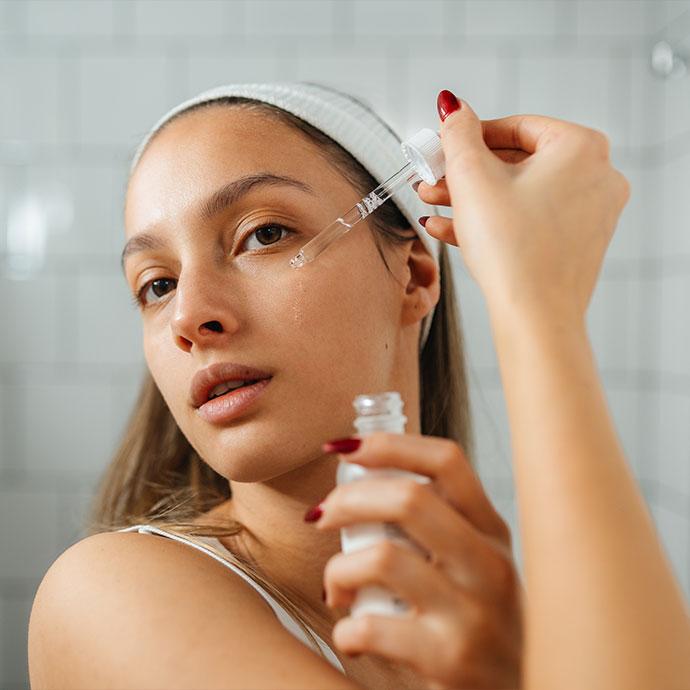
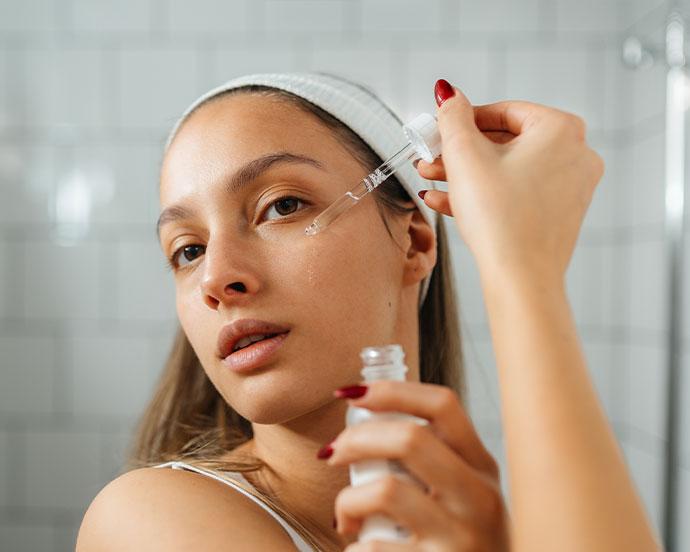
Skin
Rebound Hydration Is the Skin Reset Your Barrier’s Been Asking For
Published on Jan 28, 2026 • 3 min read
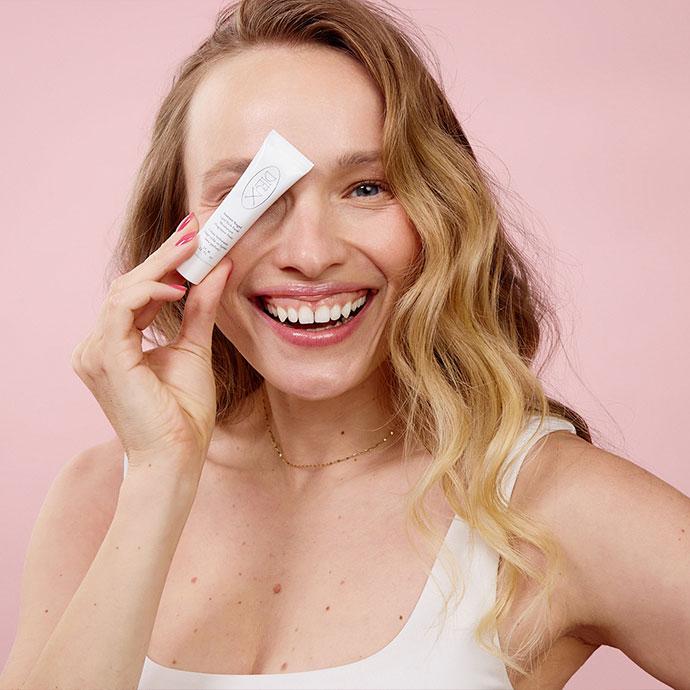
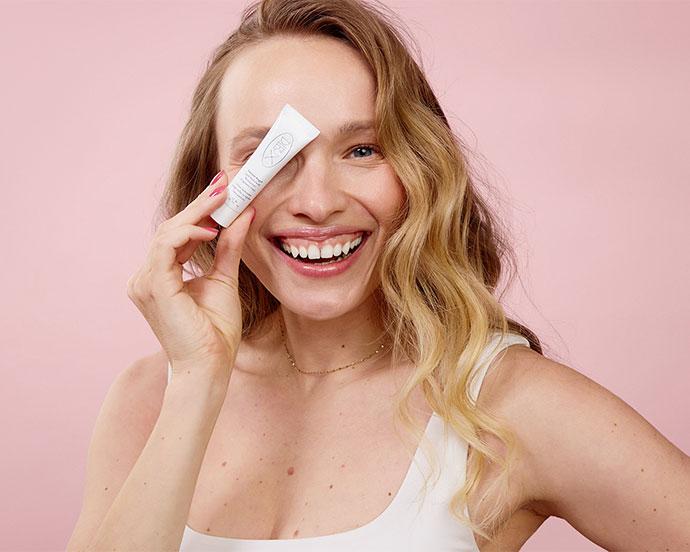
Skin
The No-BS Skincare Movement Starts With DIEUX SKIN
Published on Jan 27, 2026 • 4 min read
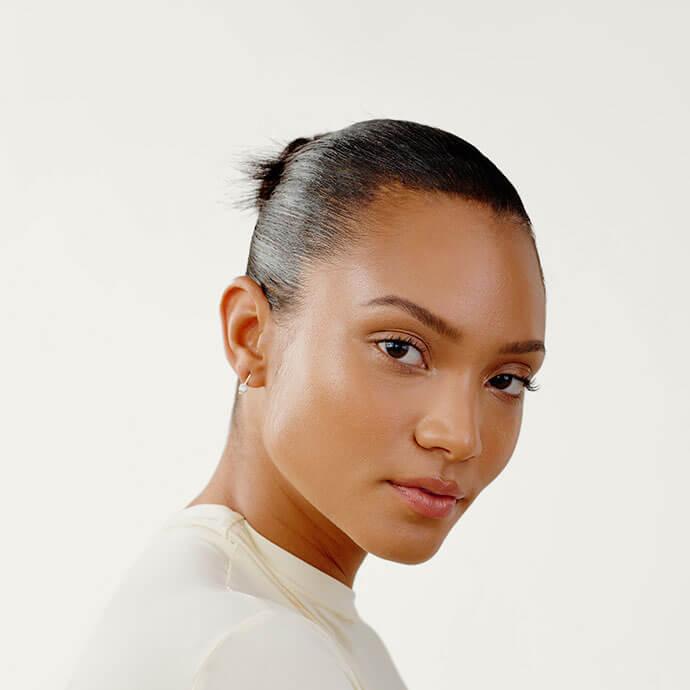
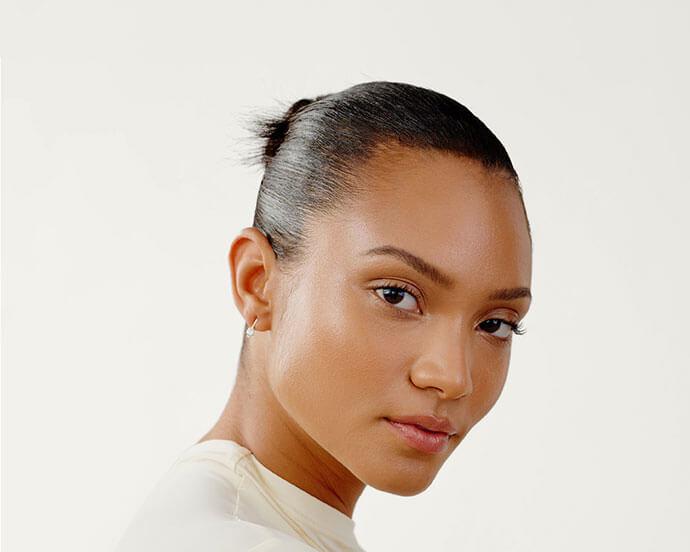
Skin
Skinimalism Is the Ultimate Stripped-Back Skincare Trend
Published on Jan 22, 2026 • 6 min read


Skin
Spring Is Coming—Is Your Skincare Ready?
Published on Jan 15, 2026 • 4 min read
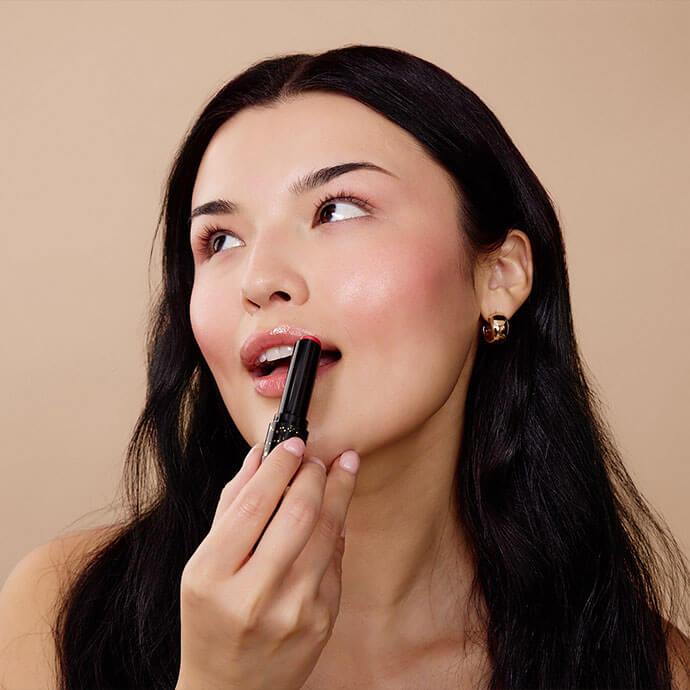
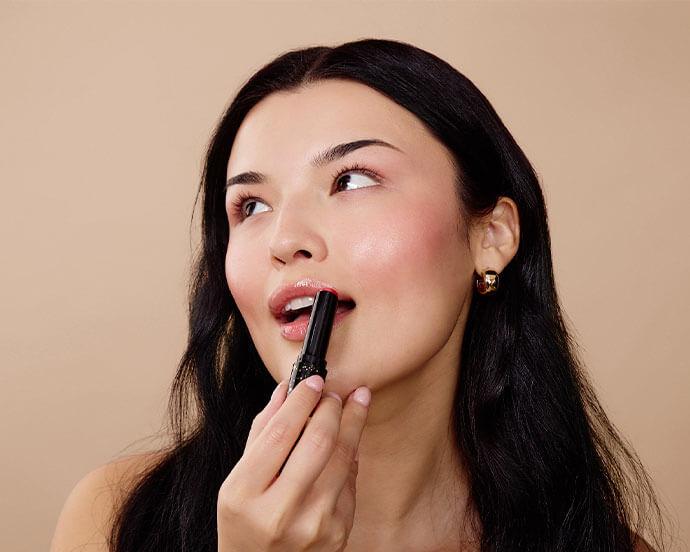
Skin
The Hydration Sandwich Trend Will Save Your Dry Lips This Winter
Published on Jan 13, 2026 • 4 min read


Skin
What Is the Skin Barrier & Why Is Everyone Talking About It?
Published on Jan 12, 2026 • 6 min read
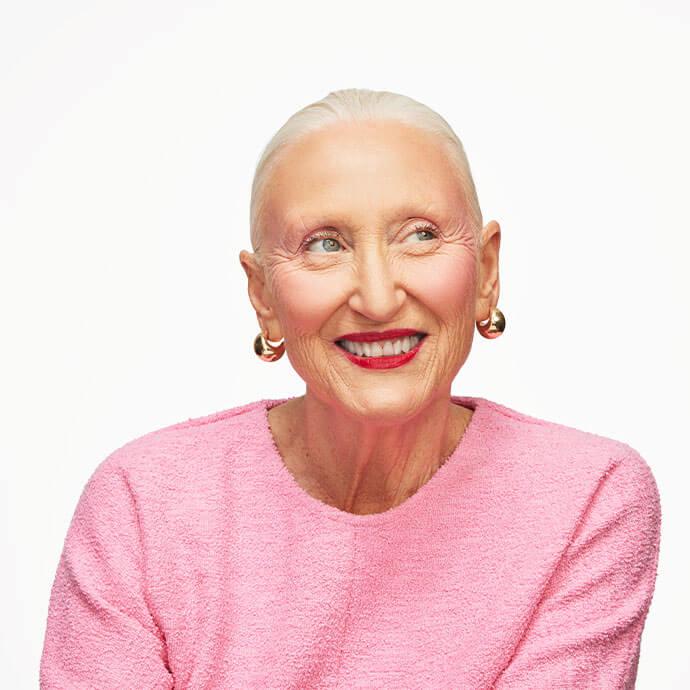
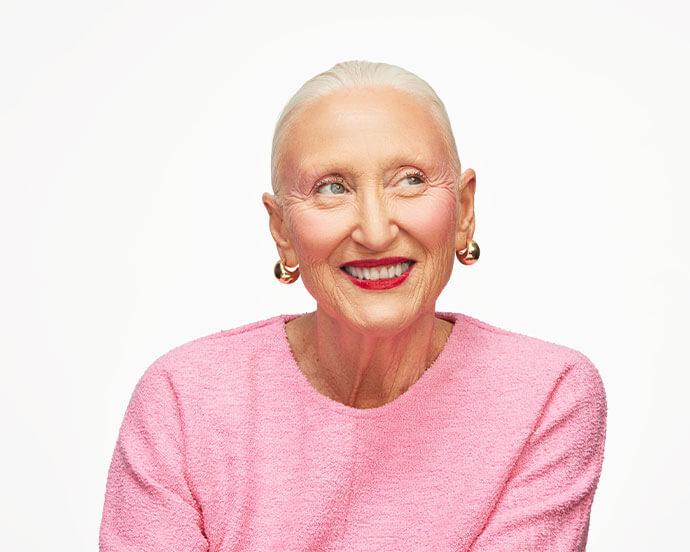
Skin
How to Adjust Your Skincare Routine for Mature Skin in the Winter
Published on Dec 4, 2025 • 7 min read


Skin
10 Thanksgiving Foods That Will Have Your Skin Coming Back for Seconds
Published on Oct 15, 2025 • 7 min read


Beauty Picked Just for You
Get 5 products worth up to $70
Plus exclusive access to epic deals up to 80% off
Starting at just $14/month. Cancel anytime.